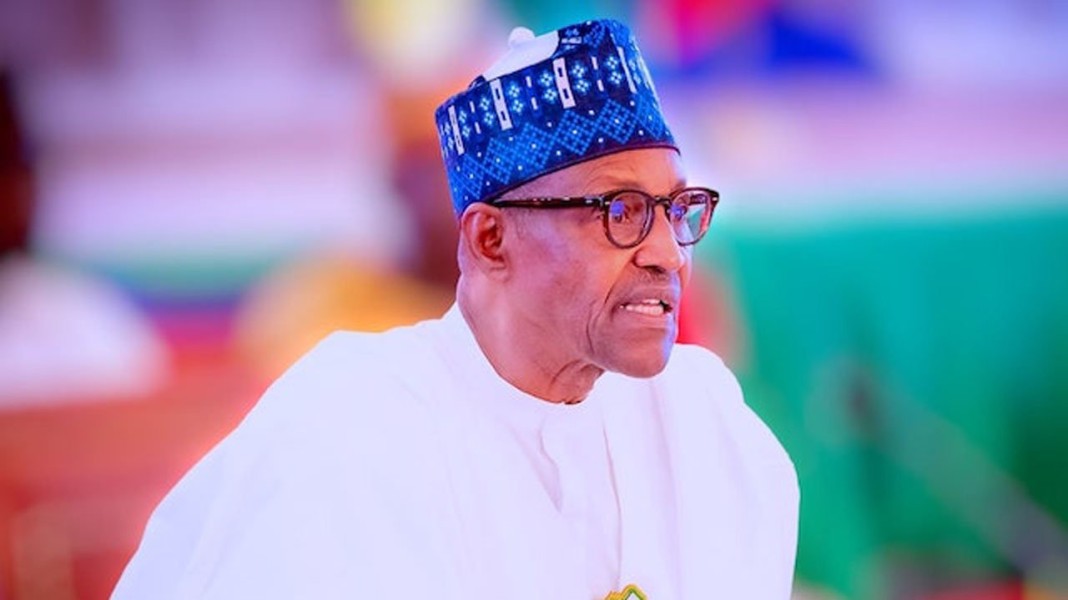Former President Muhammadu Buhari’s statement about Nigeria’s security and economy being in a better state under his administration compared to 2015 has sparked significant debate, especially in light of recent claims by political figures such as Shehu Sani and Shehu Gabam.
Buhari’s assertion that the country made progress in these areas echoes his administration’s focus on combating corruption, improving infrastructure, and stabilizing security through measures like the fight against insurgency. His remarks highlight the government’s emphasis on security improvements, especially in the northeastern regions where Boko Haram and other militant groups posed a significant threat in 2015.
However, contrasting opinions have emerged, with some critics pointing to the rising insecurity and worsening economic conditions in recent years. Former Senator Shehu Sani has noted that insecurity worsened under Buhari, while Gabam argues that the economy deteriorated during his tenure, citing inflation and other economic indicators.
As of December 2024, Nigeria’s inflation rate had reached 34.80 percent, a sharp rise from 9.6 percent in 2015, which has further fueled criticism regarding Buhari’s economic management. These tensions highlight the differing perspectives on the legacy of Buhari’s presidency, with supporters pointing to long-term infrastructural and security gains, while critics focus on the immediate challenges Nigerians face, particularly with inflation and security concerns.

